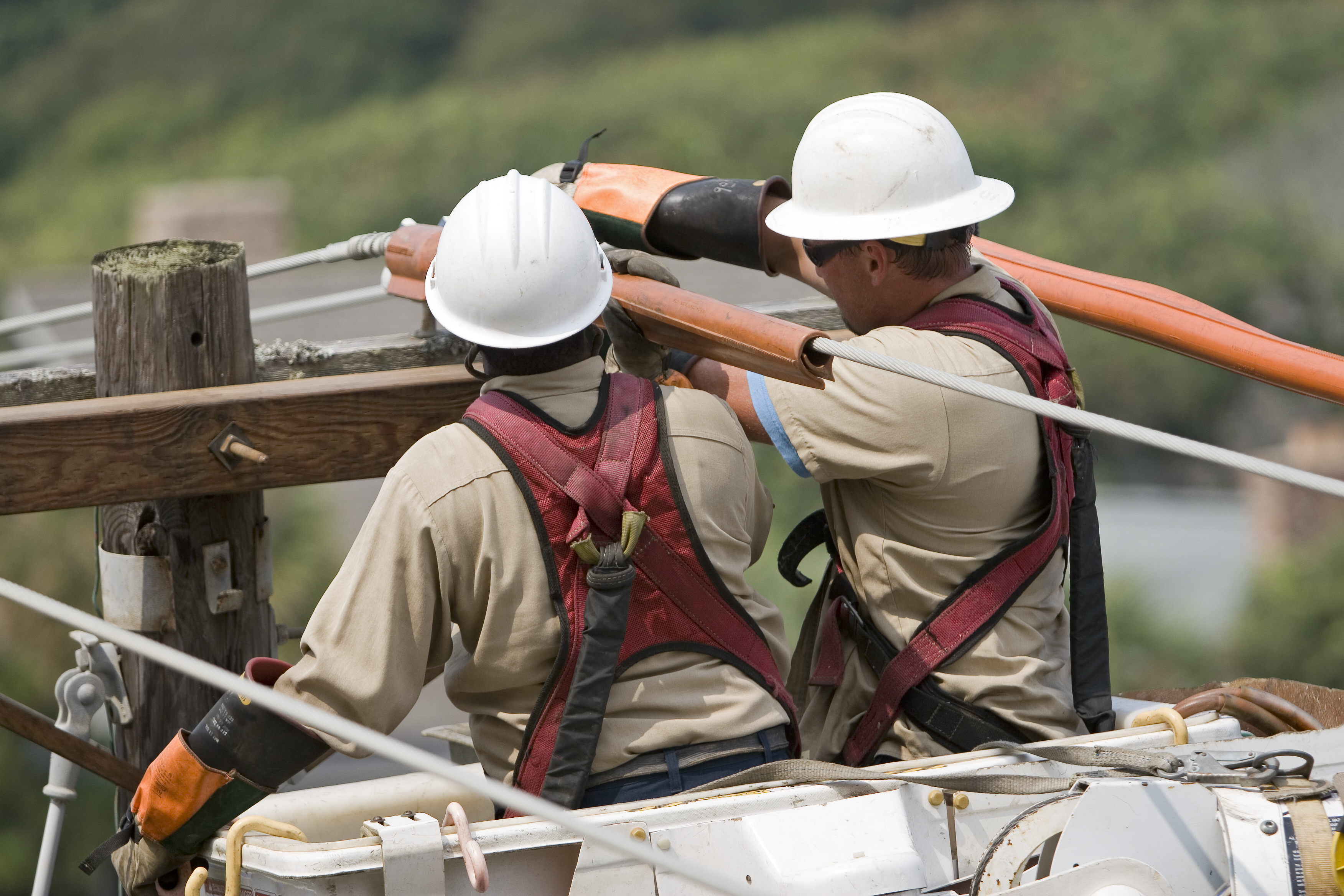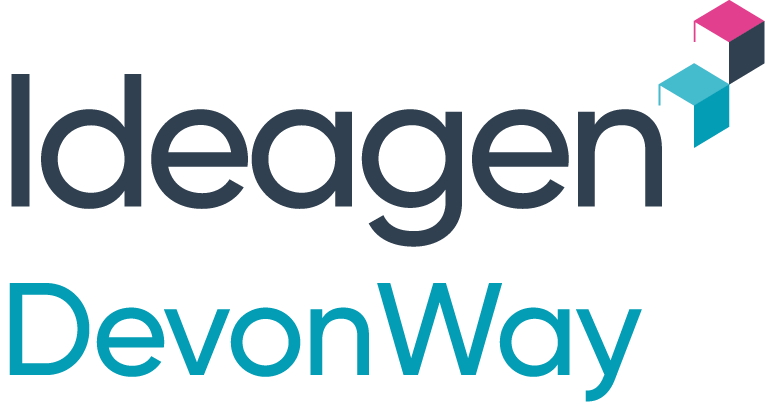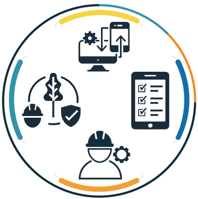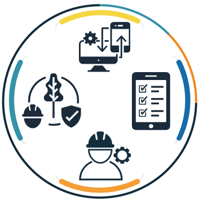Last week we celebrated Labor Day, and for many the end of summer. Labor Day pays tribute to the American workers for their amazing achievements. This month as a company, we are focusing on our Environmental Health and Safety products because we value the innovation, dedication, and, of course, the safety of our partners and their employees.
A couple weeks ago, Hurricane Laura hit Louisiana’s power grid, resulting in a loss of power for nearly 360,000 residents. Entergy, the main provider of power to the area, reported to CNN that high voltage transmission lines and key infrastructure were severely damaged. Turning the power back on for 360,000 people while repairing power grids in flood damaged areas is difficult.
Another environmental health and safety issue arose when a fire broke out at BioLab releasing toxic Chlorine fumes into the air, according to the Washington Post. Keeping companies, employees, and the customers they serve safe during natural disasters is a difficult challenge.
To help prepare for hurricanes, floods, and fires, utilities should invest in robust EHS software solutions. Specifically, here are what companies need when a state of emergency occurs:
1. EHS software that is easy to use
Electric, gas, and power companies spend millions of dollars on complex EHS software that employees struggle to use. In times of natural disaster, utility companies want every employee using the software to report incidents and encourage data collection, and this can only happen with software that has an intuitive user interface. In addition, you should look for software with an enterprise usage-based pricing model so that you don’t artificially limit the number of users on the system, which reduces its usefulness.
2. EHS software with a mobile component
Many industrial companies still use manual processes, paper, spreadsheets, and email attachments. Companies need employees reporting incidents in real time, ideally with pictures, so managers can instantly assess damage and triage the immediate risks. Collecting data via a mobile device ensures that companies have the information they need to turn the power back on for customers as quickly as possible.
3. EHS software with powerful self-service trending and reporting tools
One of the keys to managing an environmental, health, and safety program is making the right decision at the right time. When natural disasters strike, industrial companies are potentially logging events and gathering data across multiple sites. To gain the right insights from that data, managers need to be able to create specific reports instantly, without being bottlenecked by IT. Self-service trending and reporting tools are critical to helping managers make the most informed decisions.
4. EHS software with notifications
During times of crisis, your EHS software needs to send alerts and notifications to the right people and departments. Power, gas, and oil companies need to have software that allows them to trigger customized alerts without having to contact IT.
5. EHS software with employee safety tracking
You want to know where your employees are during a natural disaster to keep them safe. You also want to prevent employees from entering a high-risk area unless they absolutely need to. With unpredictable events like hurricanes, fires, tornados, and ice storms, knowing where your employees are can save lives. With mobile functionality that lets employees optionally “check in” to a location and update their travel plans in a central database, you have the visibility you need to ensure employees are kept as safe as possible.
Electric, gas, and power companies face difficult times trying to rebuild and safeguard for the next natural disaster, while also preparing for increased commercial and customer demands for power. At DevonWay, we constantly seek ways to innovate EHS software by improving virtually any operational process, with a special focus on those related to quality, work, and safety management programs.
To learn more about DevonWay EHS solutions or to see a demo, please contact us.






